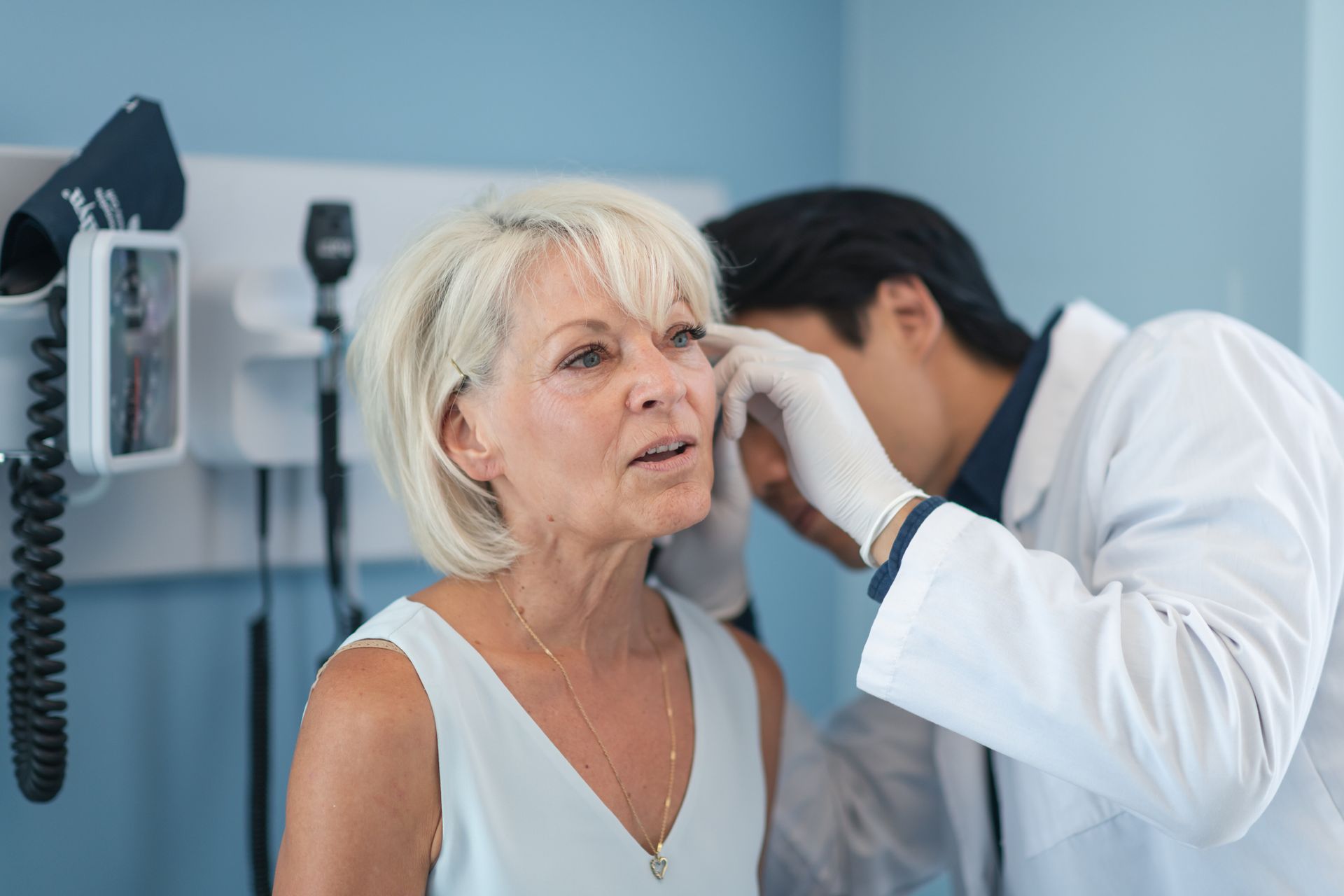What You Should Know About Health Screenings
Many health issues don't present overly distressing warning signs during their earlier stages, so it's essential to check for them even when there are no symptoms. During a health screening, a doctor checks for undiagnosed diseases and conditions. Here's a closer look at the role of health screenings and the most common examples.
Why Early Detection Is So Important
Many forms of cancer and other serious conditions have a poor prognosis if they're not detected until a later stage when the body begins to show signs. The goal of a screening is to detect a condition early enough so that the next step can be determined.
In some cases, this may involve monitoring and lifestyle changes to reduce disease risk. In other situations, a screening will lay the groundwork for further testing and an eventual treatment plan, which varies based upon the illness and its stage and severity.
How Screening Aids in Diagnosis
A screening test isn't diagnostic on its own but rather a common first step toward identifying a disease or condition. It's used to determine if a patient needs further testing to confirm a diagnosis, often when they're a member of a population with known vulnerabilities to specific illnesses. It's an indispensable tool that doctors rely on for answers, insights, and guidance on whether next steps need to be taken.
Which Conditions Should Be Checked
There are a variety of health screenings patients can receive, including:
- Breast Cancer: Women should start receiving annual mammograms between the ages of 40 and 50.
- Colorectal Cancer: Risk increases at age 50, so both men and women should plan to be screened regularly starting at this age; people at high risk may need earlier screenings.
- Lipid Test: These common blood tests check your cholesterol, and high numbers may indicate a higher risk of heart disease; every adult with cardiovascular disease risk factors should have this screening done at least once every five years.
- Pap Smear: This screening looks for cervical cancer and other gynecological issues; women should have one every three years once they turn 21.
- PSA Test: A PSA test is also a blood test, and it should be performed every two to three years for most men beginning around the age of 50 who have no immediate relatives who have had prostate cancer; it checks a man's prostate-specific antigen measurement, and abnormal numbers can be an early sign of prostate cancer.
To see if you can benefit from a health screening, contact Northwest Community Health Center. Serving the Libby, MT, area, their doctors provide a wide range of medical services and support, from screenings and physicals to dentistry and family planning. They aim to meet all your health care needs under one roof. Call (406) 283-6900 to make an appointment or visit them online to explore their services.














